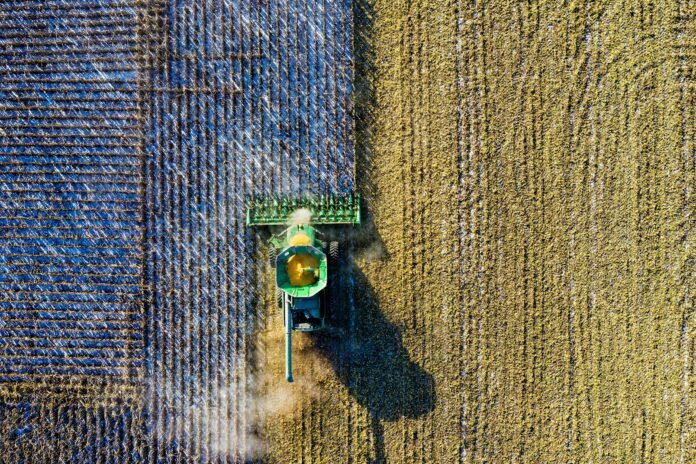Innovative Techniques to Cut Down Environmental Impact
Implementing Precision Agriculture
Precision agriculture, also known as satellite farming, is a technique that focuses on utilising information technology to ensure crops and soil receive exactly what they need for optimum health and productivity. This prevents overuse of resources, which in turn reduces environmental impact. GPS, remote sensing, and other technologies help farmers understand their fields at a micro level, decreasing the amount of wasted water and fertilisers, thus cutting down pesticide and fertiliser runoff. By being accurate and precise with farm inputs, farmers not only save time and money but also significantly reduce the environmental impact of their operations.
Adoption of Organic Farming Methods
Organic farming is an innovative method for reducing the environmental impact of agricultural practices while maintaining productivity levels. It emphasizes the use of renewable resources and conservation of soil and water to enhance environmental quality. Organic farming avoids synthetic fertilizers and pesticides, relies on crop rotation, cover crops, compost, and biological pest control which contributes to the reduction of greenhouse gases and the enhancement of biodiversity. Furthermore, organic farming practices can increase soil fertility and water retention, leading to resilient farms that can weather climate change effects.
Use of Cover Crops and Crop Rotation
The use of cover crops and practicing crop rotation can significantly reduce environmental impact. Cover crops are used to cover the soil when it would otherwise be empty, preventing erosion and runoff. They sequester carbon from the atmosphere, helping to mitigate climate change, improve soil health by adding organic matter to the soil, and suppress weeds, reducing the need for herbicides. Additionally, crop rotation, the practice of growing different types of crops in the same area across seasons, helps improve soil structure and fertility by optimizing the nutrients in the soil. This, in turn, reduces the necessity for synthetic fertilizers, thereby minimizing their adverse environmental impact.
Maintaining Productivity with Green Farming Methods
Maintaining productivity in any form of agriculture, including green farming, involves a precise balance between resource utilization and environmental preservation. Several advanced techniques enable farmers to use resources more efficiently, reducing the environmental footprint while improving productivity.
Implementing Precision Agriculture
Precision agriculture uses technology to make farming more accurate and controlled. Satellite mapping, advanced sensors, and GPS tractor guidance can all facilitate more efficient use of resources while limiting the unintentional damage to the surrounding environment. For instance, GPS can enable farmers to use fertilizer more efficiently, reducing runoff pollution. Similarly, automated irrigation systems can save water by detecting moisture levels in the soil and irrigating fields only when necessary.
Using Cover Crops and Crop Rotation
Cover crops like clover and alfalfa can be planted during off-seasons to replenish nutrient levels in the soil. These crops reduce erosion, improve soil quality, and limit the need for synthetic fertilizers, all of which help maintain productivity while reducing environmental impact. Meanwhile, crop rotation – the practice of growing different crops on the same land in sequential seasons – can prevent the buildup of pathogens and pests, therefore minimizing the need for chemical pesticides.
Adopting Integrated Pest Management (IPM)
IPM is a sustainable approach to managing pests by combining physical, biological, and chemical methods that are safe, profitable, and environmentally sound. This method reduces the need for chemical pesticides, favoring strategic techniques such as introducing beneficial insects to combat pests or planting pest-resistant crop varieties. IPM not only protects the environment but also preserves crop productivity by maintaining a balanced ecosystem.
Green farming is no longer an optional strategy for our rapidly changing environment. It is the future of productive and sustainable agriculture. By implementing these techniques, farmers can achieve superior productivity levels while ensuring environmental sustainability.

